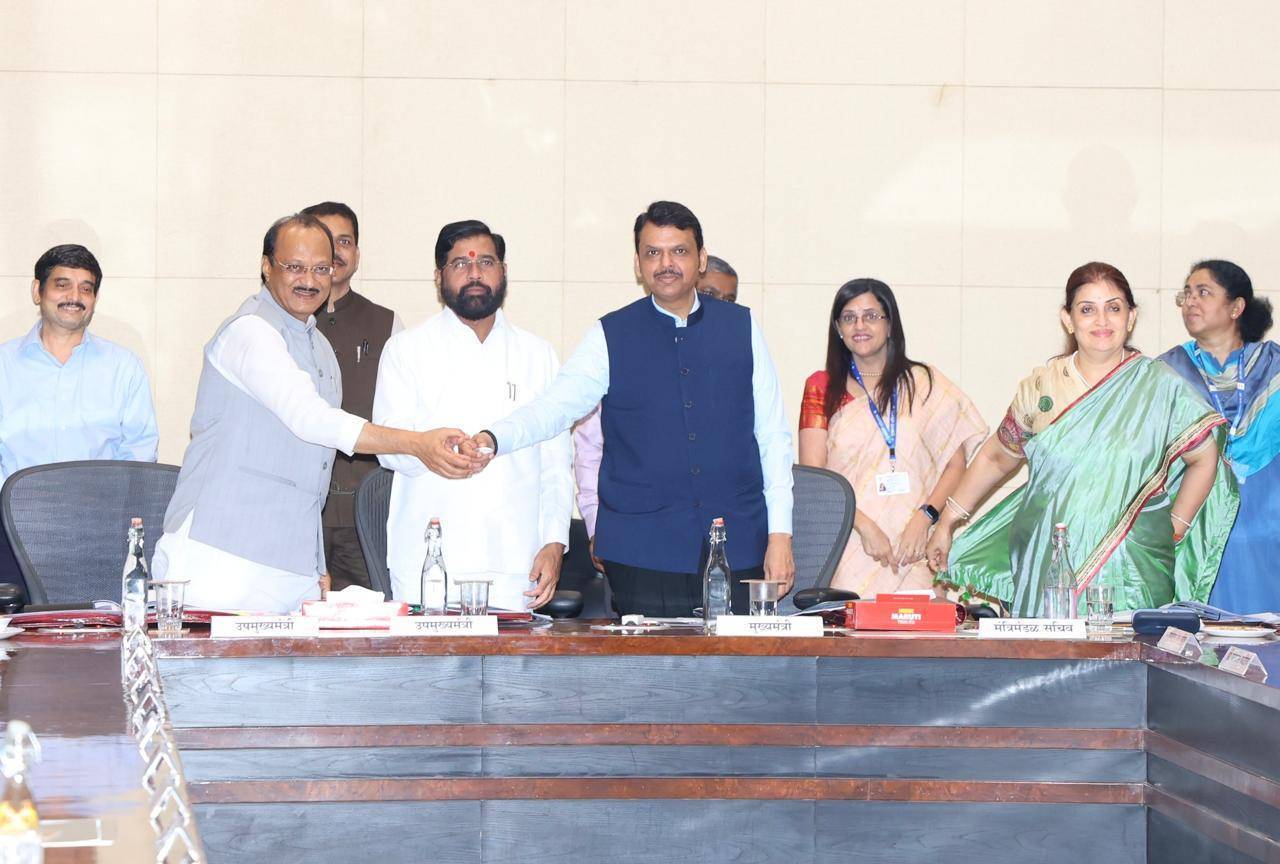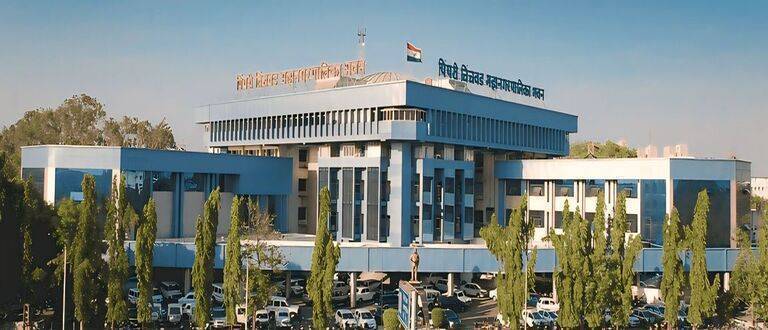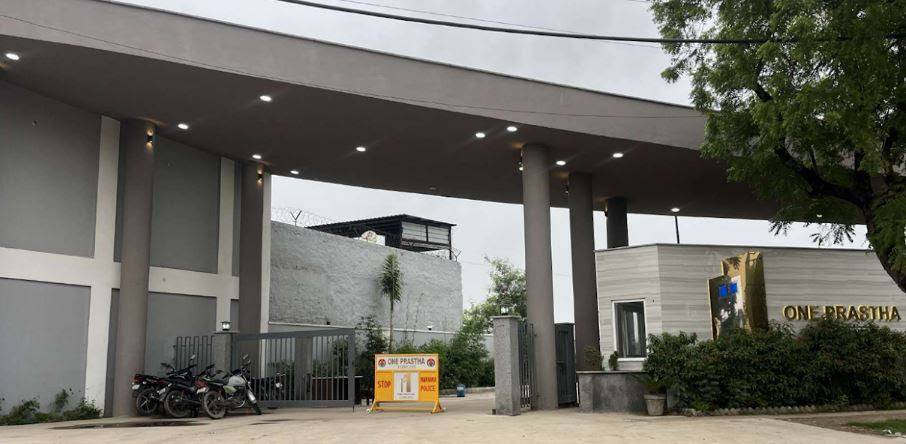The Maharashtra Cabinet has cleared a comprehensive housing policy for 2025, titled Majhe Ghar, Majha Adhikar (My Home, My Right), aiming to construct 35 lakh affordable homes by 2030. This is the state’s first housing policy of such scale in nearly two decades and is backed by a proposed investment of ₹70,000 crore.
The policy focuses on the needs of the Economically Weaker Sections (EWS) and Lower Income Group (LIG) categories. It intends to strengthen the affordable housing segment and promote self-redevelopment of ageing buildings. A separate cell will be established to support cooperative housing societies in planning, funding, selecting developers, and executing redevelopment projects. The government has earmarked ₹2,000 crore for this initiative.
In an effort to make home ownership more accessible to mobile and temporary populations, the policy introduces a rent-to-own model. Under this model, working women, students, and industrial workers can occupy homes for up to ten years with the option to purchase the property at the end of the tenure.
Deputy Chief Minister Eknath Shinde, who also handles the housing portfolio, said the state will contribute to the viability gap funding required to develop affordable housing in the Mumbai Metropolitan Region. Based on NITI Aayog's recommendations for the region's G-Hub, Maharashtra will provide a significant share of the estimated ₹20,000 crore gap through its Affordable Housing Fund.
The policy outlines several steps to ensure data-driven planning and execution. A state Housing Information Portal will be developed as a centralized digital platform. This portal will integrate housing demand and supply data, geo-tagging, fund allocation tracking, land acquisition status, and coordination with existing systems such as MahaRERA, Mahabhulekh, and PM Gati Shakti.
One of the notable components of the policy is the focus on climate and disaster resilience. Future housing construction will incorporate measures to address climate-related risks, including heatwaves, floods, and earthquakes. These projects will adopt construction methods promoted under the Global Housing Technology Challenge, emphasizing cost-effectiveness and long-term durability.
The policy also proposes the creation of a state government land bank for housing purposes. This land pool, to be developed by 2026, will be assembled in coordination with multiple departments, including Revenue, Forest, Maharashtra State Road Development Corporation, Water Resources, and Industries.
To meet the evolving demands of urbanization and rising pressure on infrastructure, the policy calls for inclusive housing in both large municipal corporations and all Metropolitan Region Development Authorities. Specific emphasis is placed on integrating the walk-to-work concept by mandating that 10% to 30% of land designated as amenity plots in industrial areas be set aside for residential development. This approach aims to reduce commute times and enhance the connection between residential and employment zones.
The plan also includes provisions for affordable rental housing near major hospitals in cities such as Mumbai. These units will be available on rent to relatives of patients, drawing inspiration from the Prime Minister Awas Yojana (PMAY).
In line with urban renewal goals, the housing policy aims to push slum rehabilitation projects through a cluster redevelopment approach. This model allows for larger, more coordinated efforts that make better use of space and infrastructure.
Maharashtra was the first state to implement the Real Estate (Regulation and Development) Act through MahaRERA. Building on that foundation, the policy proposes the creation of a Supreme Grievance Redressal Committee at the state level. This body will oversee quality control, mediate between developers and beneficiaries, and monitor timely completion of redevelopment projects under DCPR 2034 and the MHADA Act.
Industry leaders have responded positively. Prashant Sharma, President of NAREDCO Maharashtra, said the policy lays the groundwork for inclusive development and addresses key challenges such as slum rehabilitation and the housing shortage. The establishment of a MahaAwas Fund is seen as a key mechanism to mobilize the required investment.
Niranjan Hiranandani, Chairman of NAREDCO and the Hiranandani Group, said the provisions related to self-redevelopment, dedicated funding, and streamlined compliances will enable progress in land-constrained urban areas and offer resolutions to long-stalled housing projects.
The Maharashtra Housing Policy 2025 sets a clear direction for the next five years, seeking to address urban housing needs through coordinated planning, efficient implementation, and better alignment with national and regional development goals.









.png)